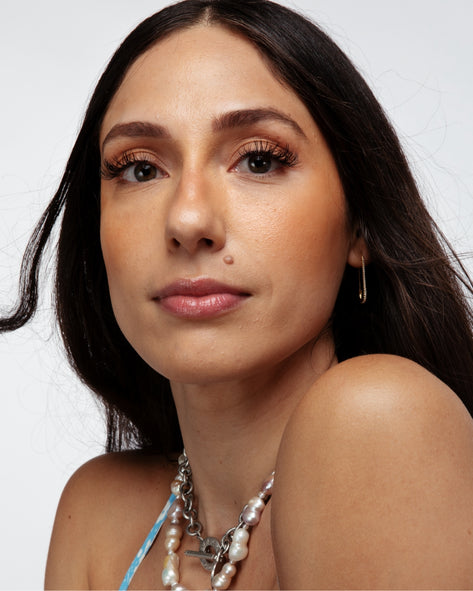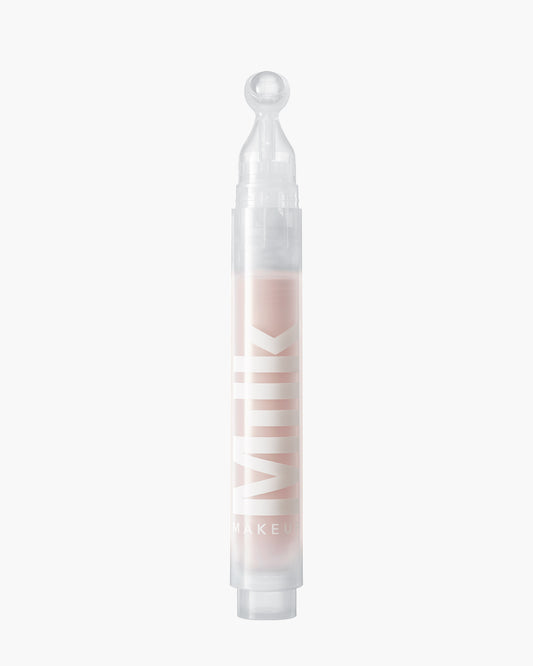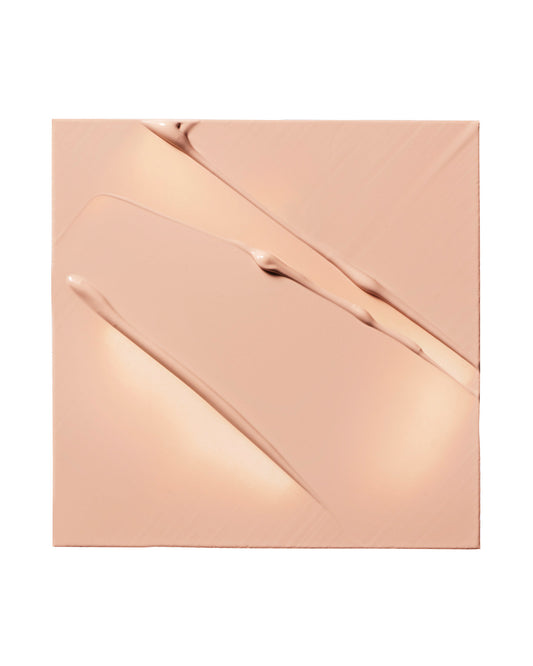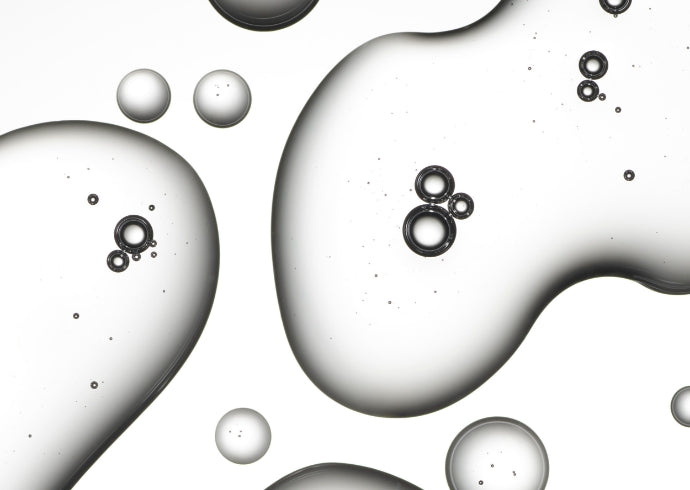Vitamin C is one of those rare active ingredients that actually lives up to the hypes. That’s because vitamin C benefits are both noticeable and versatile, addressing everything from discoloration to fine lines. The best part? There’s ample scientific evidence to back up those claims. Unsurprisingly, it’s become one of those rare, dermatologist-recommended ingredients that everyone can (and should) be using. Read on to find out how to make the most of it.
What is vitamin C?
Vitamin C in its purest form is L-ascorbic acid, but you’ll see a ton of its derivatives in your skincare products. All of them eventually convert into L-ascorbic acid in your skin, but they vary in stability and absorption. Tetradexylhecyl ascorbate, for instance, is one form that’s considered more stable and is fat-soluble, meaning it may be better absorbed by your skin.
How can vitamin C benefit your skin?
An easier question might be: What doesn’t vitamin C do? This ingredient is an incredible multitasker that tackles a ton of different skin needs. “Vitamin C helps your skin fight free radical damage, correct signs of aging, reduce inflammation, fade hyperpigmentation, and promote cellular repair,” says dermatologist Michele Green, M.D.
One of the most well-known benefits of vitamin C is that it acts as an antioxidant, helping neutralize free radicals from UV rays that could otherwise damage collagen. It protects your skin against oxidative stress, a common cause of fine lines and wrinkles. It also has a brightening effect, thanks to its ability to target pigment overproduction. That’s not just because it limits free radical damage, which can lead to discoloration and dark spots. Even if you have existing hyperpigmentation, vitamin C can still block an enzyme that’s vital to pigment production in your skin. In that sense, it actually works in two ways to brighten and even out your skin tone.
And finally—finally!—vitamin C actually plays a role in the production of collagen in your skin. “By promoting skin cell regeneration and inducing the production of collagen, vitamin C improves both the texture and tone of your skin,” says Dr. Green. The result: brighter, bouncier, smoother skin.
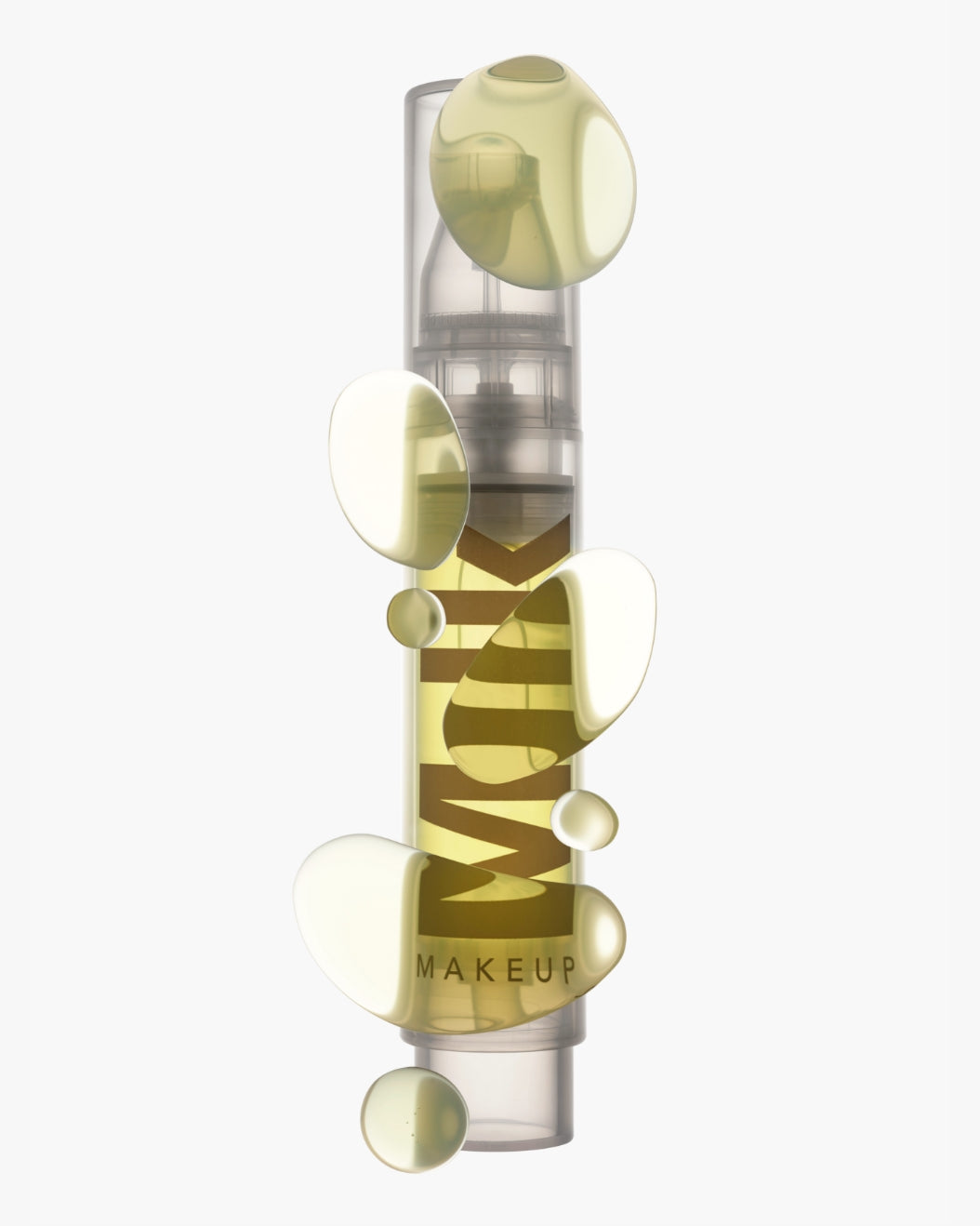 |
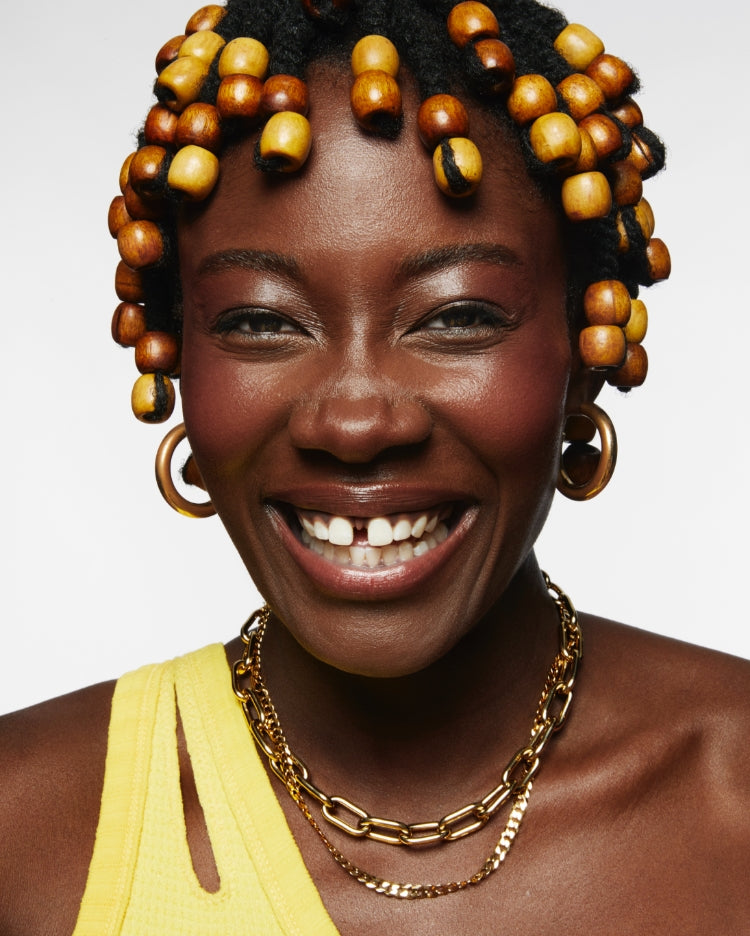 |
Who can use vitamin C in skincare?
Generally speaking, vitamin C is safe for all skin types, from acne-prone to dry. “However, if you have sensitive skin, high concentrations of pure vitamin C serum may cause minor itchiness and irritation, although this is also uncommon,” says Dr. Green.
If you have skin issues like rosacea and eczema, or just general sensitivity, the best workaround is to look for lower concentrations of vitamin C. These formulas will still give you antioxidant-rich benefits, but at a lower dosage that won’t cause any flare-ups.
How to Know if Your Vitamin C Skincare Is Working
Safe vitamin C skincare concentrations go up as high as 20%, but any higher than that puts you at risk of irritation. This isn’t a more-is-more scenario; too much can actually accomplish the opposite of what you want. Lower concentrations are especially preferable if you’re new to this ingredient.
“If you have sensitive skin, try using a lower concentration of Vitamin C first before increasing the concentration,” says Dr. Green. She also recommends storing any vitamin C serums in a cool, dry place, since “sun exposure and heat can degrade [them].”
How to Get Vitamin C Benefits in Your Skincare RoutineIf you’re using a vitamin C serum like our Watermelon Brightening Serum—which works to hydrate your skin and even tone—Dr. Green recommends using it after cleansing and before moisturizing. Heads up: Sunscreen is especially non-negotiable when you’re using vitamin C. “Vitamin C decreases the melanin in your skin, which can cause photosensitivity,” she says. It’s also smart to combine the two because vitamin C has a synergistic effect with SPF, which means it runs interference on any free radicals that manage to sneak past your sunscreen. You can use your vitamin C products in your night skincare routine, too. Evenings are when your skin goes into repair mode, so you can supplement its natural functions with a vitamin C product like Sunshine Oil. Along with vitamin C, our face oil features plant-derived squalane, which is a stable version of a lipid naturally found in your skin, as well as a blend of moisturizing botanical oils. Think of it as your serum and moisturizer step in one. While it’s an excellent overall ingredient, vitamin C also lends itself to more targeted applications like helping make your dark circles look brighter. Dark under eyes can be caused by multiple factors from genetics, to thinning skin, to hyperpigmentation. Either way, the vitamin C in our Sunshine Under Eye Tint + Brighten can help firm and brighten the look of your skin over time. Want it to work ASAP? No sweat; it also contains light-reflecting particles and comes in a range of shades to brighten and conceal. |
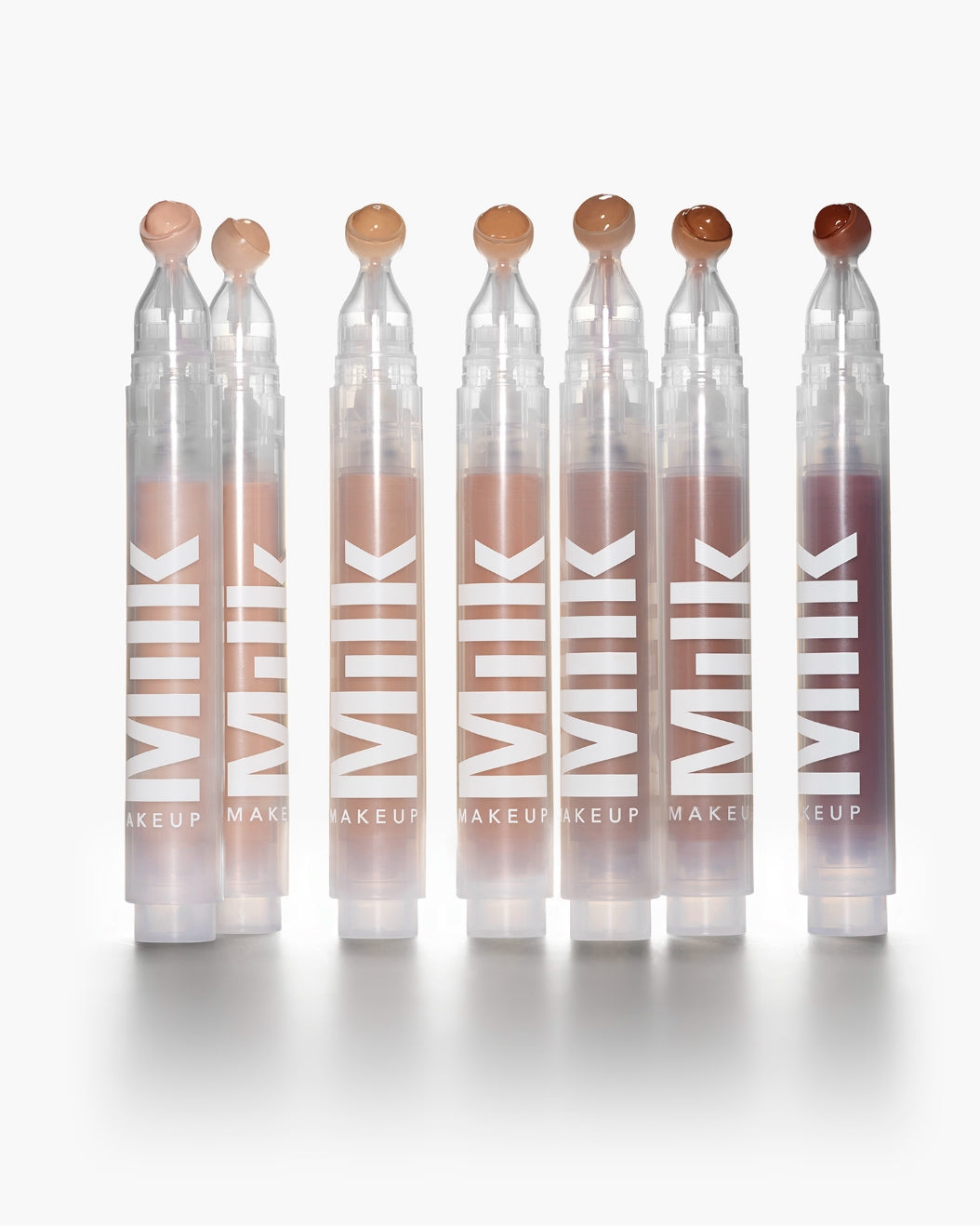 |
Whether you use it in your serum, oil, concealer, or all of the above, this ingredient is definitely an all-around superstar. Max out your vitamin C benefits by incorporating it into multiple steps of your routine—and get ready to see the proof of its power for yourself.
Meet the Expert
Michele Green, M.D. (she/her) is a board-certified dermatologist. Upper East Side patients and those from the surrounding areas of New York City flock to her practice for a variety of cosmetic dermatology treatments. A graduate from Yale University, with an MD from Mount Sinai Medical School in NYC, Dr. Green treats some of the most discerning, demanding women and men in the world, with issues ranging from premature skin aging to hyperpigmentation, rosacea, acne, and skin cancer.
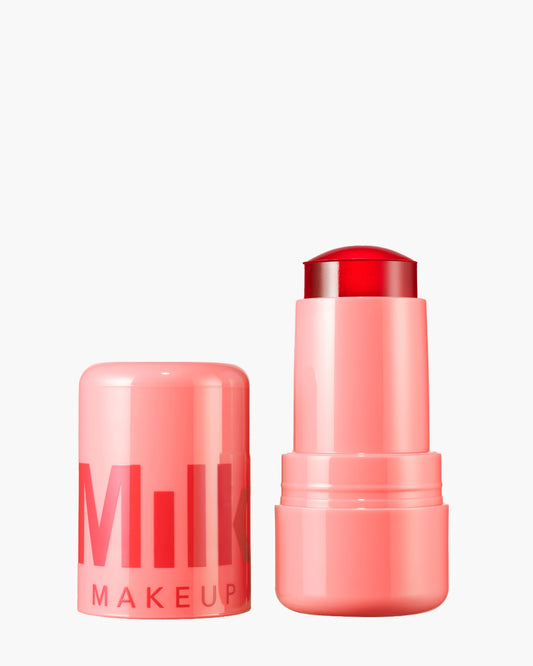
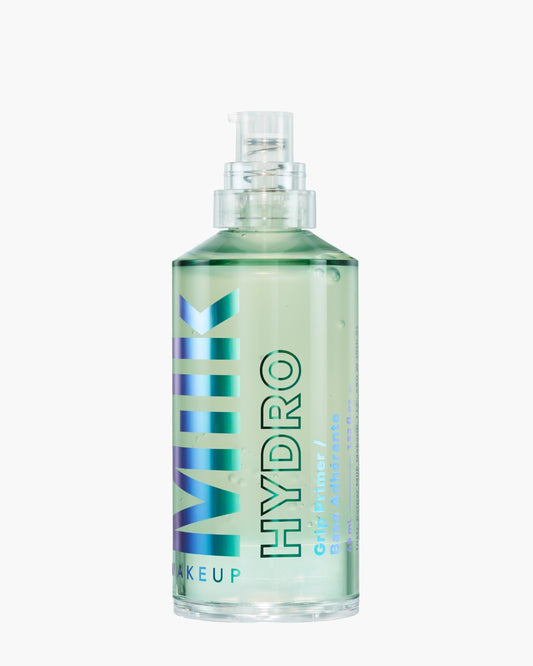
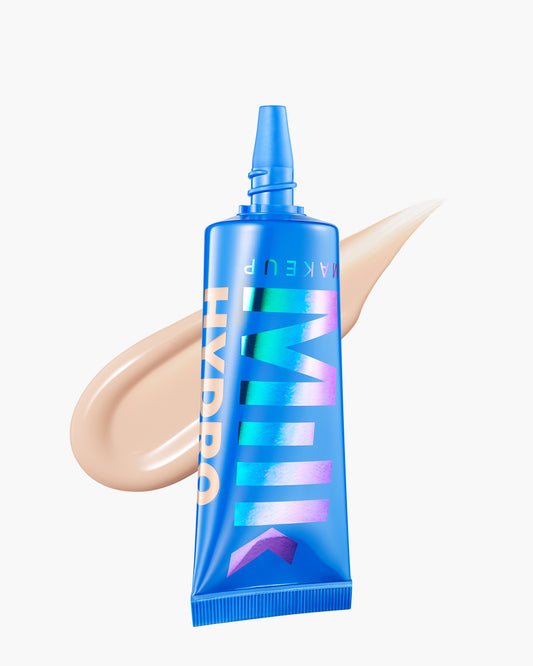
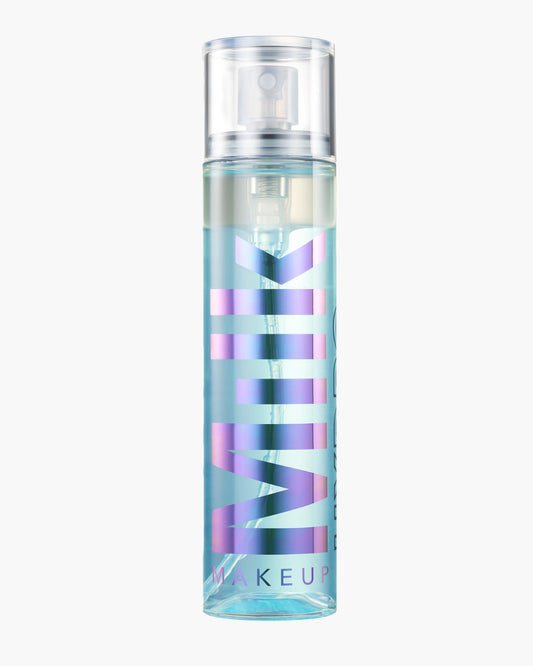
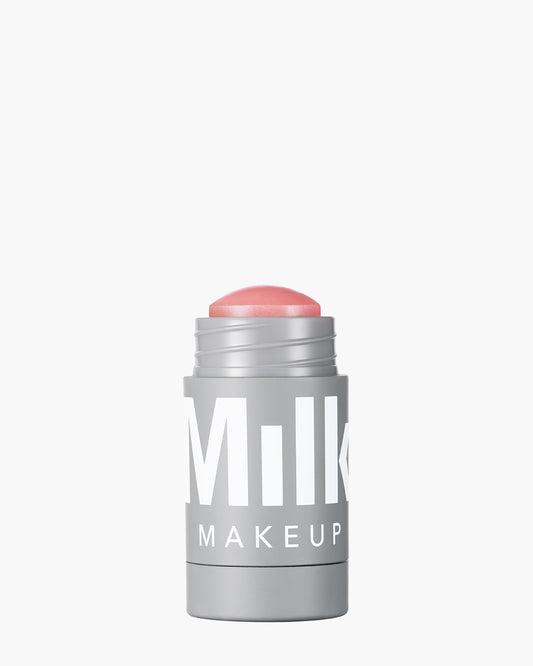
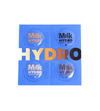
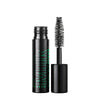
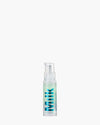


 "
"